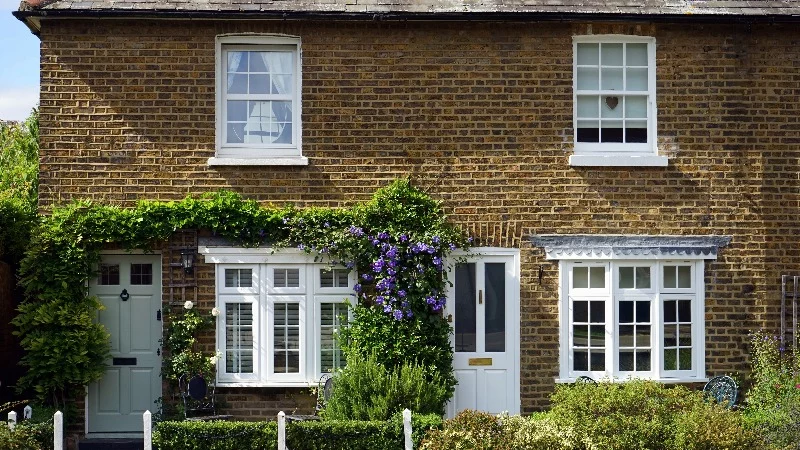- 05 Apr 2023
- •
- 3 min read
The main residence and inheritance tax planning

With the ever-changing economic situation, now is a good time for you to review your affairs to ensure that they are structured as tax efficiently as possible so that you pay as little tax as you legitimately can.
The main tax that people think about on death is inheritance tax (IHT) and there are many exemptions and reliefs that can be used in your lifetime or on death to assist with mitigating inheritance tax. Some of these are more widely known than others and, some are so little known that often they can be missed. Many involve making gifts.
The biggest asset many people own is their home. This can be problematic when it comes to IHT planning as you cannot give away your house as you need to live in it. Some people think they can gift their house to their children and trust them to allow them to keep living there. However, doing that is classed as a gift with reservation of benefit and is ineffective for IHT purposes. Similarly mortgaging your house or taking out equity release on it and making a gift with the funds borrowed is ineffective for IHT purposes.
Reducing the value of your house for IHT purposes is therefore difficult. If you genuinely share your home with someone else such as a child or grandchild then it is legitimate to give away part of your house to them as long as you both pay your fair share of the outgoings. However, I would always recommend caution when giving a share of your home away. You should seek proper advice on how to protect yourself if circumstances change in the future. For example, what happens if one of you wants to sell or the other owner gets divorced or goes bankrupt.
For those who do not share their property with anyone but their spouse, another option is giving part of the property away and paying market rent for the share you have given away. Clear evidence of the rental value has to be obtained on a regular basis and the rent paid must always be market value. Proper tenancy agreements should be in place. Paying market rent also reduces your estate for IHT purposes but remember that the recipient will pay income tax on the rent.
You can give away whatever percentage you choose. Your estate is reduced by more than just the gift. This is because when you co-own a property with anyone but your spouse HMRC allow a co-ownership discount on the value of your share. This is usually 10 – 15%. Therefore, if your property is worth £500,000 and you transfer 50% into trust, HMRC will treat your share as being worth 85% – 90% of £250,000.
If you give away a share of your house, you need to consider whether the share should be gifted to an individual or a trust. The advantage of a trust is that you can be a trustee and keep control which gives you more security. However, trusts have their own taxation regime. Therefore, it is important to take advice on the advantages and disadvantages of both options.
With gifting, you do have to bear in mind that if you do not survive 7 years then that gift gets included with the value of your estate on death and uses the first part of your IHT allowance. If the gifts in the 7 years prior to your death are over the IHT allowance then, unless your Will states otherwise, the people who have received the gifts are liable for the tax. To me this does not seem very fair as if someone gave me £50,000, I would effectively have to keep back £20,000 until the person who gave it to me had survived 7 years. This would be to ensure I had enough money to cover the IHT that would become payable if they did not survive 7 years. I imagine that most people do not make gifts thinking that the recipients might have to pay tax at a later date and therefore cannot enjoy the full benefit of the gift straight away. It is therefore important that, if you are making gifts you ensure that your Will is up to date and states clearly who should pay the tax on any lifetime gifts that become taxable.
Although IHT is the one most commonly thought of taxes on death, income tax and capital gains tax can be more of a bugbear for people during their lifetime. If you own rental properties it is important to take advice on maximising income tax allowances on rent and capital gains tax allowances on sale. As you can probably see, there are many ways in which, provided matters are dealt with carefully and correctly, taxes can be reduced. It is important to take advice on doing this and to ensure that by gifting you do not give away more than you can afford to. Whilst reducing tax is important, it is also important to make sure you can enjoy what you have worked for.
Mihiri Gajraj is a Partner and Head of the Wills, Trusts & Probate team at Trethowans. If you would like to speak to someone regarding inheritance tax planning please call 023 8032 1000 or get in touch here.
This article was originally published in the Ocaris Wealth Management Spring Newsletter (April 2023).





